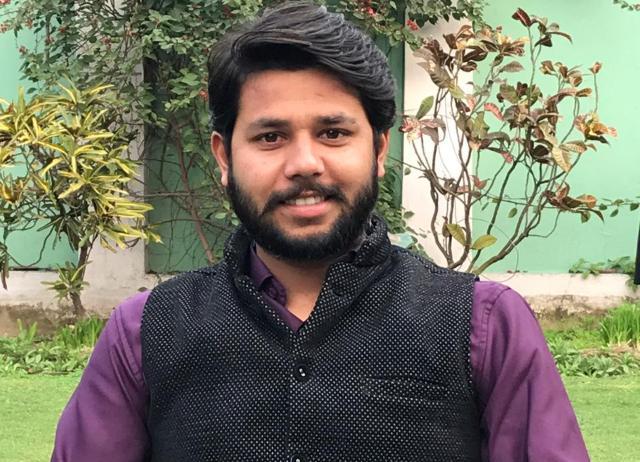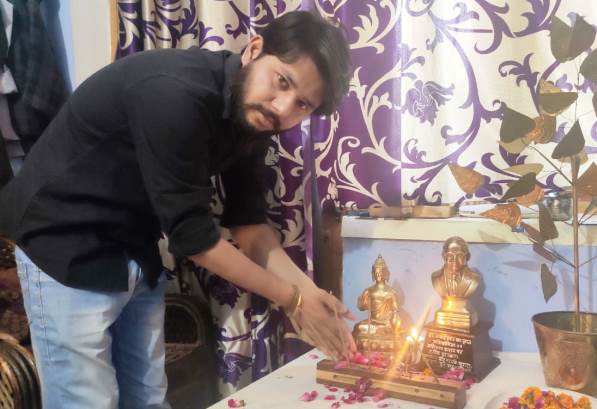Kapil Kumar, 29, an engineer by education and social activist by vocation, discloses what it means to be a Dalit in India. “You see it coming when someone asks you: What is your full name?” he tells LokMarg
Till about 2019, I used to feel outraged at any injustice, especially against Dalits – given that I am one – but now I have given up. I only feel sad every time a case like the Hathras rape-murder happens. The Scheduled Castes & Scheduled Tribes (Prevention of Atrocities) Amendment Act, 2018, brought in by the current government showed which way the wind is blowing for the marginalised.
Dalits in Uttar Pradesh rural belt, or for that matter anywhere in the country, are vulnerable to exploitation and discrimination. Their women even more so. And they learn about their social status early in life. My first experience of being treated differently came when I was in Class 6. A Jat boy asked me a question, which I would continue to face in the years to come: Tumhara poora naam kya hai? (What is your complete name?) It was a subtle way of asking which caste I belonged to.
My great great grandfather was a farmer, great grandfather a labourer, my grandfather a successful construction businessman and both my parents are employed well. Yet, people want to go back to figure out my genealogy so they know whether to treat me as an equal. My honesty, integrity, passion, communication skills don’t matter. The upper castes demean others and carry with them a sense of entitlement.
ALSO READ: ‘Caste Is A Dormant Volcano’
I faced taunts such as: Arre tum to Behenji ko hi vote karte hoge (Oh! You will vote for Mayawati only). As if Dalits don’t have a mind of their own and will only vote on caste lines.
In Class 8 I had a physical fight with a classmate who said: Tumhare jaise log to hamare ghar me naukar hote hain (People like you are treated as servants at our house). Thankfully, better sense prevailed as he apologised a year later and we are friends now. So there are people who defy their conditioning and support Dalits as well.

I had thought school would be the end of it because we all grow up, but it wasn’t meant to be. College years were loaded with conversations about reservation on caste basis. We carried our castes on our sleeves. After college, when I found employment and was sent for training to Pune, I faced the same issue. I was an engineer but I was still asked about my poora naam.
Later, when I decided to give up my job and work in the social sector, I thought people would be more aware. Not quite. I am a politically aware person now but still on Ambedkar Jayanti every year (April 14), I am trolled on social media.
ALSO READ: ‘The Dalit Life Sentence’
I have counselled a lot of people in my team as well as others not to be embarrassed or ashamed of anything when it comes to caste. The only thing we should be ashamed of is having hurt an innocent. My friends and I had at one point informally started a library so that Dalits could understand the world was a large and beautiful place. It was open to anyone and everyone and not just Dalits too.
Many migrant labourers have returned from big cities post pandemic and I hope they will bring about a major social change in UP and Bihar, where casteism is predominant. Now that they have been exposed to a wider world, I am counting on them to teach others to open their minds and hearts too.
In these times of Covid-19 many people are waking up to understand what it truly means to be stigmatised for something which one has no control over. When every cough, or sniffle, is seen with suspicion and people don’t even want to touch the shadow of a Covid-19 patient, perhaps a large section of society may begin to feel how Dalits have felt for ages: as untouchables.
Constitutionally, I have given up but I feel social sensitisation is still possible and we will see the end of casteism and Covid soon.
